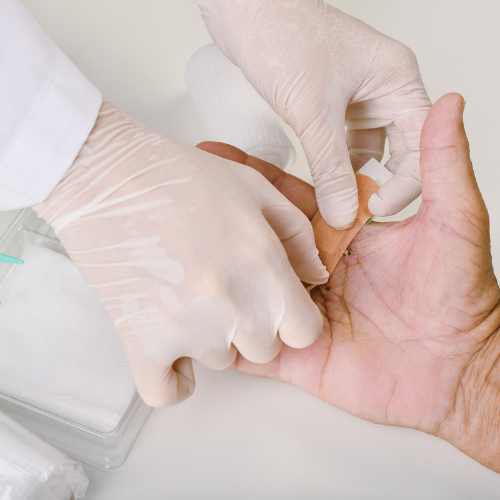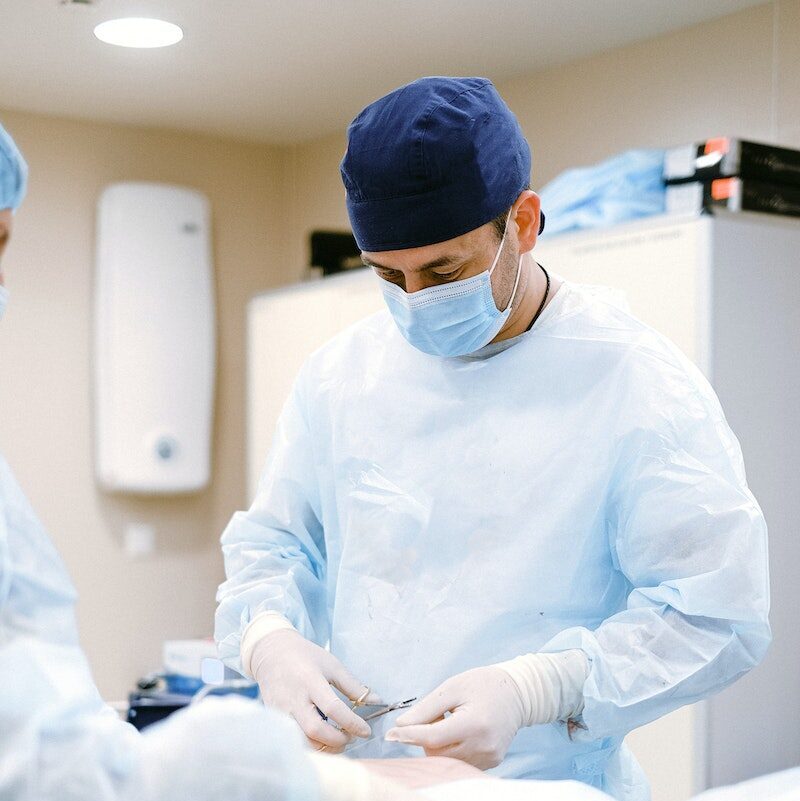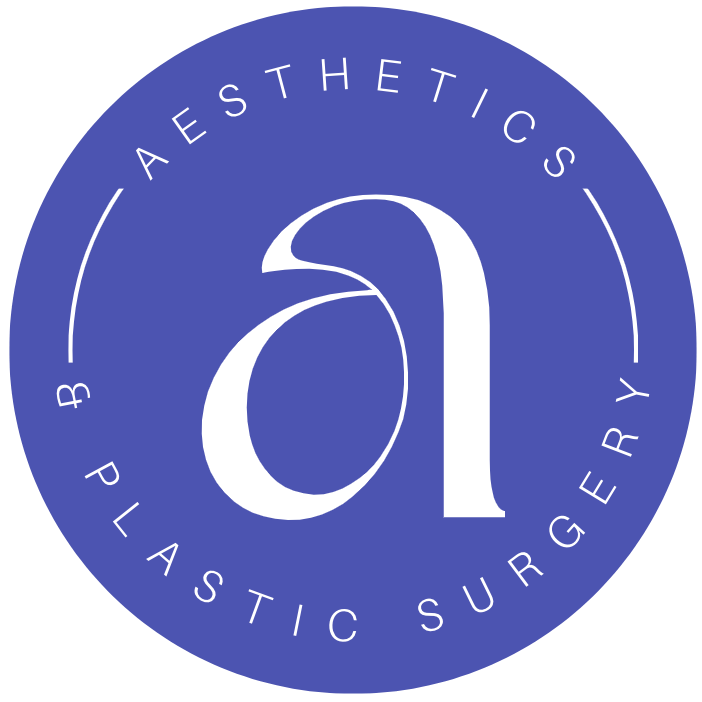
Surgeries
Discover endless possibilities under one roof, as we guide you to unlock your true potential and reveal the best version of yourself.


Reconstructional Surgeries
Restoring Life, Rebuilding Confidence
From trauma to oncoplastic procedures, our skilled surgeons specialize in meticulous and scarless reconstruction. We repair fractures, treat facial injuries, perform hand surgeries, restore nerves, manage burns, and offer microvascular surgery. Trust us to reconstruct your body, renew your function, and restore your confidence.
ANANT AESTHETICS
Ready to enhance your natural beauty?
Discover the possibilities at Dr. Anant Aesthetics.
Schedule a consultation with our expert plastic surgeon today and embark on your transformative journey.
FAQs
Got questions? We’ve got answers! Check out our frequently asked questions section to find helpful information about our services, procedures, and more.
NOTE: If you are considering plastic surgery, it is important to do your research and talk to a qualified plastic surgeon to make sure that this is the right decision for you.
Plastic surgery is a type of surgery used to mold and reshape the structures of the body. Plastic surgery can be used to help you meet your ideal appearance goals and improve self-esteem, or it can be performed to restore normal function and appearance. In some cases, plastic surgery may be elective. In other cases, it may be a medical necessity.
Plastic Surgery include two types of procedures i.e. Cosmetic and Reconstructive.
- Cosmetic surgery is used to enhance and improve the appearance of normal body structures without impaired function. This type of plastic surgery is elective and not a medical necessity. When considering cosmetic surgery, make sure that you are doing it for yourself and not to meet someone else’s expectations. A breast lift to improve the appearance of your breasts is one example of cosmetic surgery.
- Reconstructive surgery is used to restore function to body structures that have been damaged due to congenital deformity, developmental abnormalities, or trauma. Reconstructive surgery may also incorporate some aspects of cosmetic surgery to restore normal appearance. Burn rehabilitation or a breast reconstruction after surgical treatment for cancer are examples of reconstructive surgery.
Plastic surgery also includes-
Hand surgery: This type of surgery is performed to treat injuries and diseases of the hands and fingers.
Microsurgery: This type of surgery is performed to repair or reconstruct small structures, such as blood vessels and nerves.
Plastic surgery for children: This type of surgery is performed to correct birth defects or injuries in children.
There is no such thing as a “perfect” candidate for plastic surgery. In deciding whether to have cosmetic surgery, patients should examine many factors that extend beyond the procedure itself.
A good candidate for plastic surgery is healthy enough for treatment. He or she is not dealing with serious medical conditions that can compromise their health and safety during plastic surgery, such as:
∙ Diabetes
∙ High blood pressure
∙ Heart disease
Those who frequently smoke or drink alcohol may be poor plastic surgery candidates, too. Smoking disrupts the skin’s ability to absorb oxygen, which can hinder a plastic surgery & patient’s recovery. It also increases a patient’s risk of plastic surgery complications. Comparatively, alcohol can damage the immune system. This damage can escalate if an individual consumes a high volume of alcohol over an extended period of time. The damage can even reach a point where it increases a plastic surgery patient’s risk of infection.
In some cases, it is for aesthetic reasons that a patient decide to undergo plastic surgery, while it may be medically necessary for others. It may be difficult to face, but as we age, our bodies often show some signs of wear and tear, such as sagging skin, wrinkles, or loss of collagen, a muscle fiber that helps fill out the body over the skeletal framework. Pregnancy and nursing can also take its toll on a woman’s body. The breasts and abdomen become stretched out, and then rapidly shrink once the baby is born, and unfortunately, the breasts and abdomen may not conform back to the same shape and size as before pregnancy. This is often what leads many women who are done with childbirth and breastfeeding to consider undergoing a mother makeover procedure, which often consists of a tummy tuck and a breast lift, along with either breast reduction or augmentation. In some cases, a part of the body may not have formed properly, so plastic surgery is deemed medically necessary to properly reshape it. Rhinoplasties are good examples of these types of procedures. They are carried out when the interior structures of the nasal or sinus cavities may not have formed correctly, so the patient is unable to breathe properly, leading to snoring, sleep apnea, and recurrent sinus infections.
There are several reasons why people choose to undergo plastic surgery. In some cases, it may be to enhance their features. In others, it may be to fix an injury or deformity.
Each year, thousands of cosmetic and reconstructive plastic surgeries are performed without complication. However, no surgery is without risk. Part of the risk depends on your health background, how intensive the surgical procedure is, and the type and amount of anesthesia used. We will review the risks of your procedure with you before helping you decide whether plastic surgery is right for you.
The cost of plastic surgery mainly varies depending on the type
of procedure. In general, cosmetic surgery is more expensive
than reconstructive surgery. It is important to get to know about
the procedure in detail before you make a decision for it.
Recovery from plastic surgery depends on how intensive the surgery is and your health history. For minor procedures, you may be able to return to your normal activities after a few days or weeks of rest. For more intensive procedures, weeks or months of physical therapy may be required before you are completely recovered. Recovery may also sometimes include postoperative pain. We will help you find the best way to manage postoperative pain and other aspects of the healing process.
When considering your personalized treatment plan, we will advise you about the recovery process for your specific surgery.
